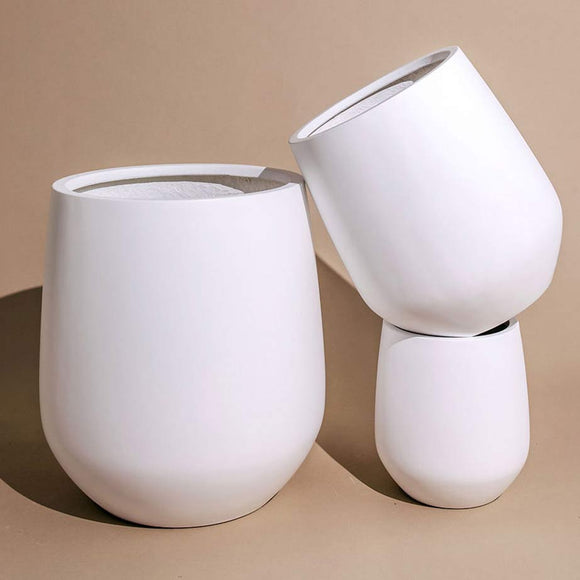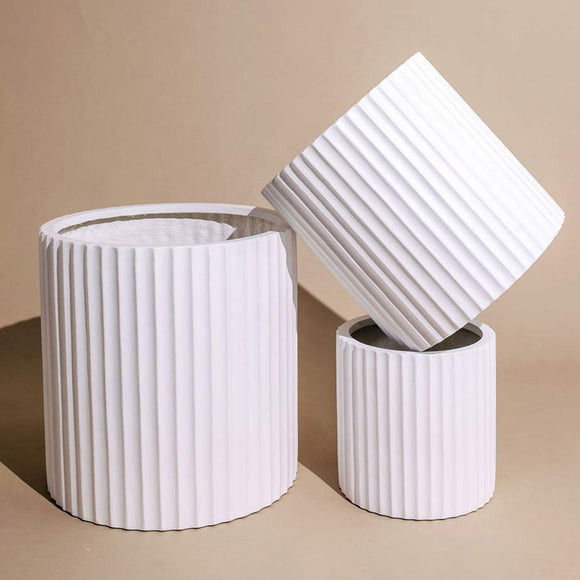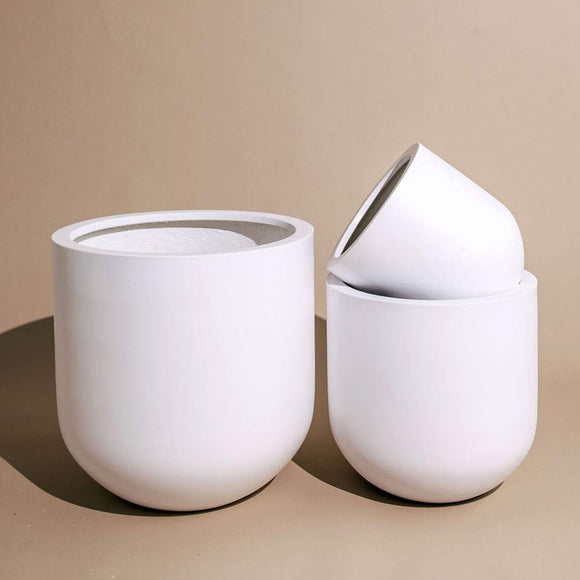African Milk Tree 101
Welcome to the world of succulents, where beauty meets resilience! Among the charismatic characters of the succulent family, the African Milk Tree (Euphorbia trigona) stands tall, both literally and figuratively. With its unique appearance and low-maintenance attitude, this plant is a perfect companion for both novice and seasoned plant enthusiasts.
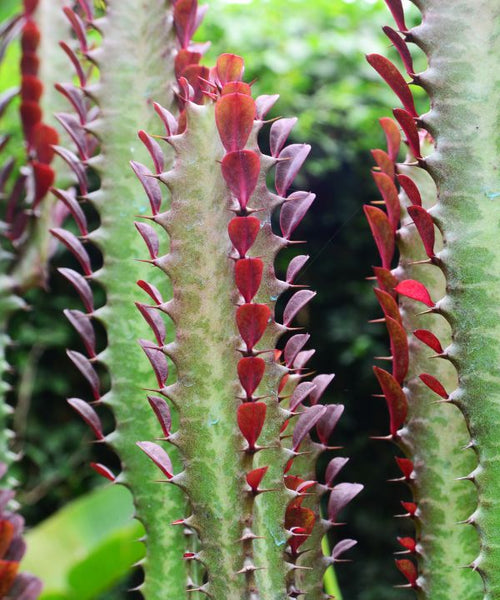
General Care:
Light:
The African Milk Tree is a sun-worshipper, craving bright, indirect light. Place it near a sunny window, and watch it thrive. However, be cautious about the scorching afternoon sun, as too much direct sunlight can be harsh on its leaves.
Water:
Succulents are notorious for their ability to withstand drought, and the African Milk Tree is no exception. Water sparingly, allowing the soil to dry out completely between waterings. Overwatering can lead to root rot, the arch-nemesis of succulents.
Humidity:
Native to arid regions of Africa, this succulent prefers low humidity. Keep it away from excessively humid areas to prevent issues like fungal infections. Adequate airflow will help maintain its health and vibrancy.
Soil:
Well-draining soil is the key to a happy African Milk Tree. Use a cactus mix or create your own blend by adding perlite or sand to standard potting soil. This will ensure proper drainage, preventing waterlogged roots.
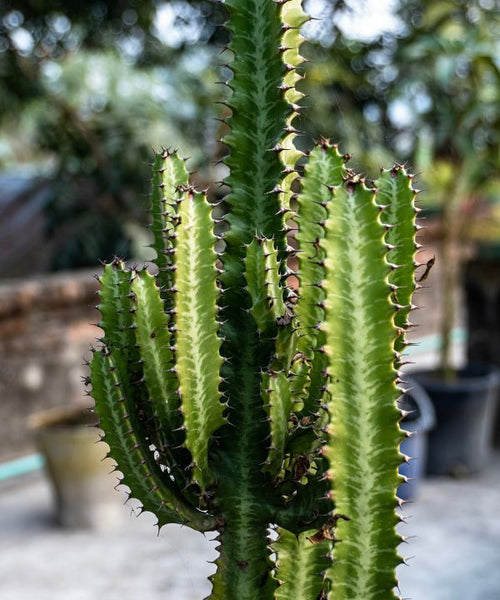
Common Problems and Prevention:
Overwatering Woes:
The African Milk Tree is resilient, but it doesn't enjoy having soggy roots. To prevent overwatering, check the soil moisture before reaching for the watering can. If in doubt, it's better to let it stay dry a little longer than to risk drowning the roots.
Pests and Critters:
Keep an eye out for mealybugs and spider mites, common foes of succulents. Wipe down the leaves regularly, and consider using neem oil to deter these pesky invaders. Quarantine any new plants before introducing them to your African Milk Tree to avoid bringing in unwanted guests.
Sunburn:
Though it loves sunlight, prolonged exposure to intense rays can cause sunburn. Gradually acclimate your plant to increased light levels to prevent scorched leaves. If you notice signs of sunburn, move the plant to a shadier spot and let it recover.
Fun Facts!
Not a True Cactus:
Despite its cactus-like appearance, the African Milk Tree is not a true cactus. It belongs to the Euphorbia family, a diverse group of succulent and non-succulent plants.
Toxic Latex:
Handle the African Milk Tree with care. It produces a milky latex that can be irritating to the skin and eyes. Make sure to wash your hands thoroughly after touching it, and keep it away from curious pets.
Dancing in the Wind:
The African Milk Tree is nicknamed the "African Milk Tree" due to its native habitat and the milky latex it produces. Interestingly, in its natural environment, it sways in the wind, giving it an almost dance-like quality.
You might also be interested to reading about Firesticks here.





